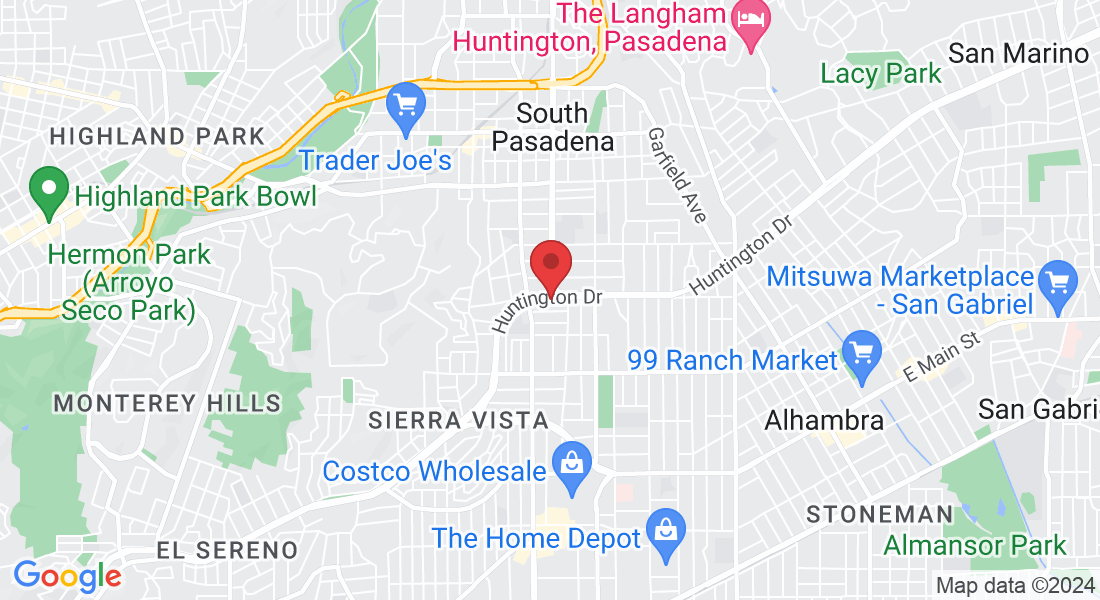Blog & Resources

The Cycle of Impulsive Coping: How Trauma Influences Behavior
Trauma can have a profound impact on an individual's emotional and mental well-being, often leading to the development of impulsive coping mechanisms. When faced with uncomfortable feelings and memories, individuals may turn to impulsive behaviors to seek immediate relief and distraction.
The link between trauma and impulsive behavior is complex and multifaceted. Shopping, drinking, entering relationships, and saying yes to things without careful consideration are all common responses to trauma that provide a temporary escape from emotional distress. While these behaviors may offer a momentary sense of relief, they often result in negative consequences and perpetuate a cycle of impulsive coping.
Shopping, for example, can provide a brief distraction and a sense of control, but it can also lead to financial instability and feelings of regret. Similarly, turning to alcohol or substance abuse may temporarily numb the pain of trauma, but it can also exacerbate mental health issues and create long-term dependency.
Jumping into relationships without proper evaluation or saying yes to opportunities without considering the implications are impulsive responses to trauma that can lead to further emotional turmoil and relational challenges. These behaviors may offer a sense of connection and validation in the moment, but they can also contribute to a cycle of unhealthy coping mechanisms.
It is essential for individuals who have experienced trauma to recognize the patterns of impulsive behavior that may be impacting their well-being. By acknowledging the link between trauma and impulsive coping, individuals can begin to explore healthier ways of managing their emotions and developing more sustainable coping strategies.
1. Grounding Techniques: Grounding techniques can help individuals stay present and connected to the present moment, reducing the intensity of emotional distress. Techniques such as deep breathing, focusing on the senses (sight, sound, touch, taste, smell), and naming objects in the environment can help anchor individuals in reality and provide a sense of stability.
2. Emotional Regulation: Learning to regulate emotions effectively is essential in managing impulsive behavior. Techniques such as identifying and labeling emotions, practicing self-soothing activities, and using positive self-talk can help individuals navigate strong emotions without resorting to impulsive coping mechanisms.
3. Stress Management: Developing stress management techniques, such as exercise, mindfulness, relaxation techniques, and time management strategies, can help individuals reduce overall stress levels and build resilience in the face of triggers that may lead to impulsive behavior.
4. Healthy Distractions: Engaging in healthy distractions and activities that bring joy and fulfillment can help individuals shift their focus away from impulsive urges. Hobbies, creative outlets, physical activities, and spending time with loved ones can provide a positive outlet for emotions and reduce the need for impulsive coping.
5. Self-Compassion and Self-Care: Practicing self-compassion and prioritizing self-care are important aspects of coping with trauma and reducing impulsive behavior. Showing kindness and understanding towards oneself, setting healthy boundaries, and attending to physical and emotional needs can help individuals cultivate a sense of self-worth and resilience in the face of challenging circumstances.

Exclusive Interview: Fabiola Lopez's Journey Into Inner Child Healing With Hypnotherapy And Coaching
Inspiring Conversations with Fabiola Lopez of South Pasadena Hypnosis


Meet Fabiola Lopez | Clinical hypnotherapist & Trauma Recovery Coach
Office: 1499 Huntington Dr, Suite 328 South Pasadena, CA 91030
Email: flopez@southpasadenahypnosis.com





